
Laboratory Report
Contributor
Root Rot Relief for Avocados
One of the most serious diseases of avocado trees worldwide is root rot caused by a fungal-like organism called Phytophthora cinnamomi. Avocado trees in California have suffered from this root disease since the 1920s, although the identity of the causal organism was not known until more than a decade later. Research at the University of California, Riverside, has been active since the 1950s to find disease-resistant rootstocks on which to graft popular commercial varieties like ‘Haas’. Using advanced knowledge of genetics, the recent development of three root rot-resistant rootstocks at UCR, which vary in preference for different soil environments, offer avocado growers the opportunity to vastly increase avocado yield and quality. The new rootstocks ‘Zentmyer’, ‘Steddom’ and ‘Uzi’, are named after contributing scientists.
UCR Today, April 2012
A Hydrangea for Health and Beauty
Chang Shan, the Chinese name of a root extract from a hydrangea native to Tibet and Nepal, has been used for more than 2,000 years in the treatment of malaria. Recent studies at Harvard University suggest a compound found in the extract, halofuginone, blocks the development of a harmful class of immune cells which have been implicated in many autoimmune disorders.
Nature Chemical Biology 8, 311-317
Biochar – Well Done and Done Well
A garden and landscape soil amendment called biochar is becoming popular once again. Essentially, the material is charcoal, and information is readily available on how to make it at home. The practice of incorporating charcoal into soil is not new. More than 2,000 years ago, farmers in the Amazon region of South America worked charcoal into their fields to increase soil fertility.
Today, biochar is touted as an environmentally friendly product that’s good for the soil and the planet. As a soil amendment, it improves drainage and makes water and nutrients more available to plants. When produced at temperatures of at least 450° C in an oxygen-deprived environment, Biochar sequesters carbon, that is, keeps it from being released into the atmosphere as carbon dioxide. Early South American farmers accomplished this by slowly burning material buried in pits over the course of several days. However, researchers at Rice University caution that incorrectly processed biochar has potentially harmful effects.
When cooked at lower temperatures the resulting product fails to burn off organic compounds that repel water rather than attract it and carbon dioxide is partially released. In addition to determining best production practices, scientists at the university are studying ways biochar might be used to clean up contaminated soil by binding to heavy metals.
Rice University News and Media, March 2012
The (Electronic) Nose Knows
Nothing says summer like the sweet perfume of a perfectly ripe peach or the musky fragrance of a juicy melon. Physiological changes occur when fruit ripens resulting in the release of specific volatile compounds. But without some kind of instrumentation to measure the mix, it’s difficult to precisely assess fruit maturity on a scale much larger than a piece of fruit on your kitchen counter. University of California, Davis, researchers are working with a commercially available ultra-fast gas chromatograph “electronic nose” capable of rapidly detecting and measuring odors and flavors. This type of instrument, once validated against other standard procedures, can be used in quality control programs for production practices and postharvest handling of fruits.
Journal of Visualized Experiments, March 2012
Share:
Social Media
Garden Futurist Podcast
Most Popular
Videos
Topics
Related Posts
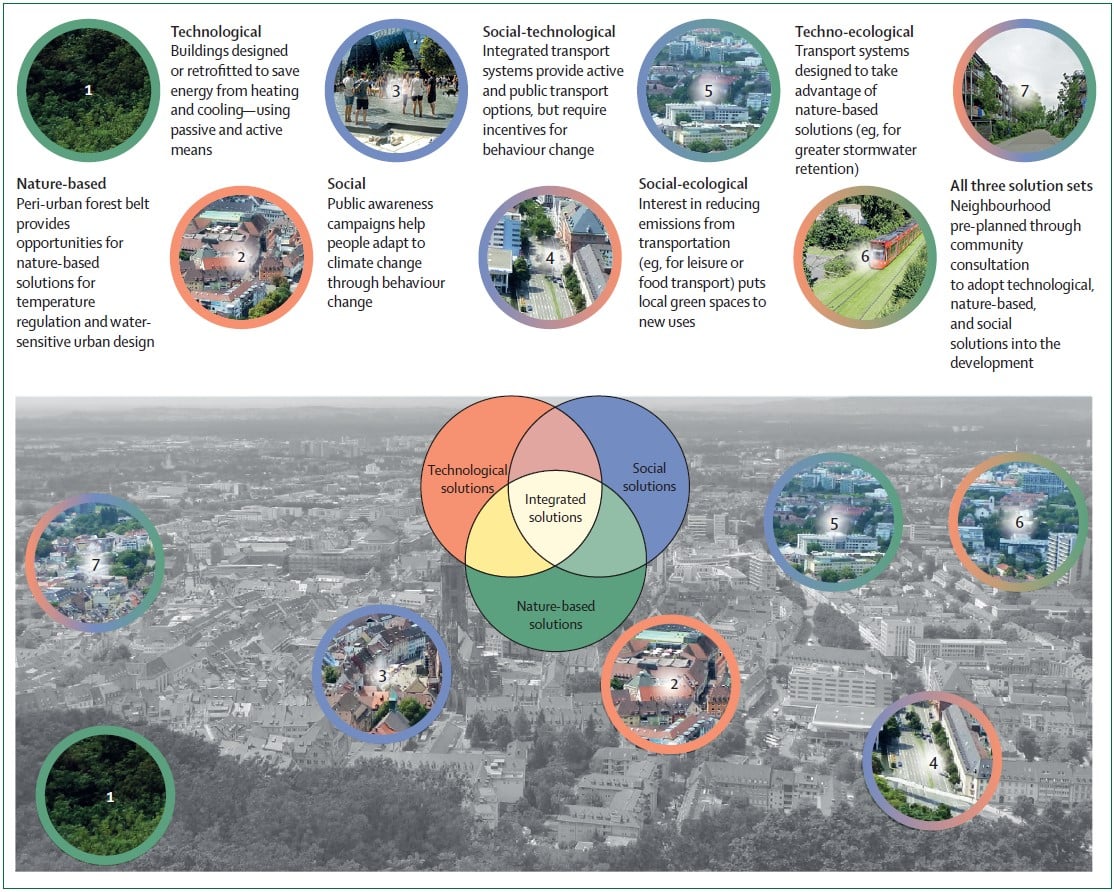
Ground Up Science for Greener Cities with Garden Futurist Dr. Alessandro Ossola
Spring 2023 Listen to the Podcast here. Alessandro Ossola is a scientist who gets very excited about the challenge of climate change allowing for an
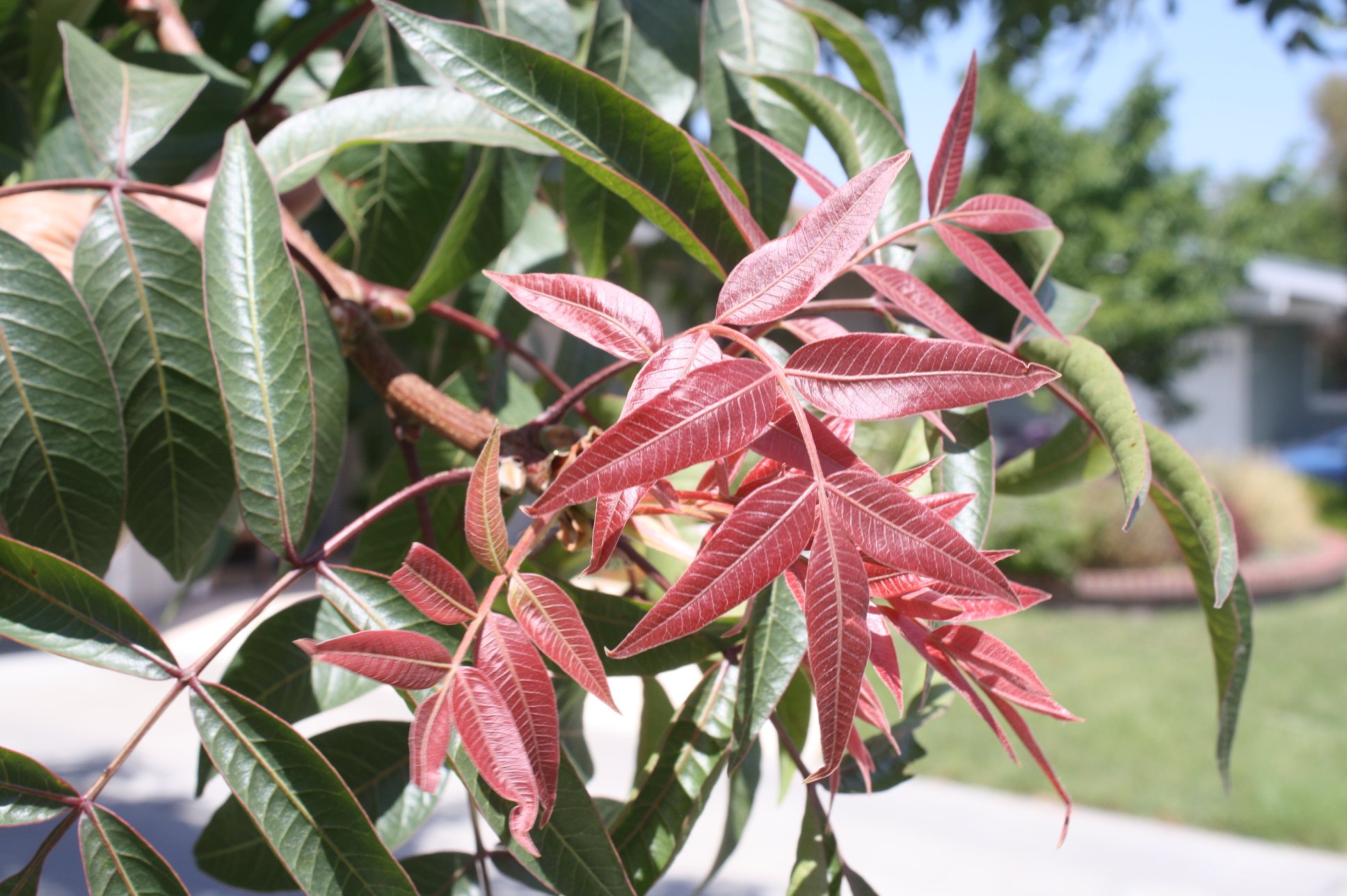
Readying Urban Forests for Climate Realities with Garden Futurist Dr. Greg McPherson
Winter 2023 Listen to the Podcast here. “Going from the mow and blow to a more horticulturally knowledgeable approach to maintaining the landscape. And that

January Showers Bring February flowers…
Fall 2022 It may not quite have the same ring to it as the old English proverb, but it has a lot more truth to
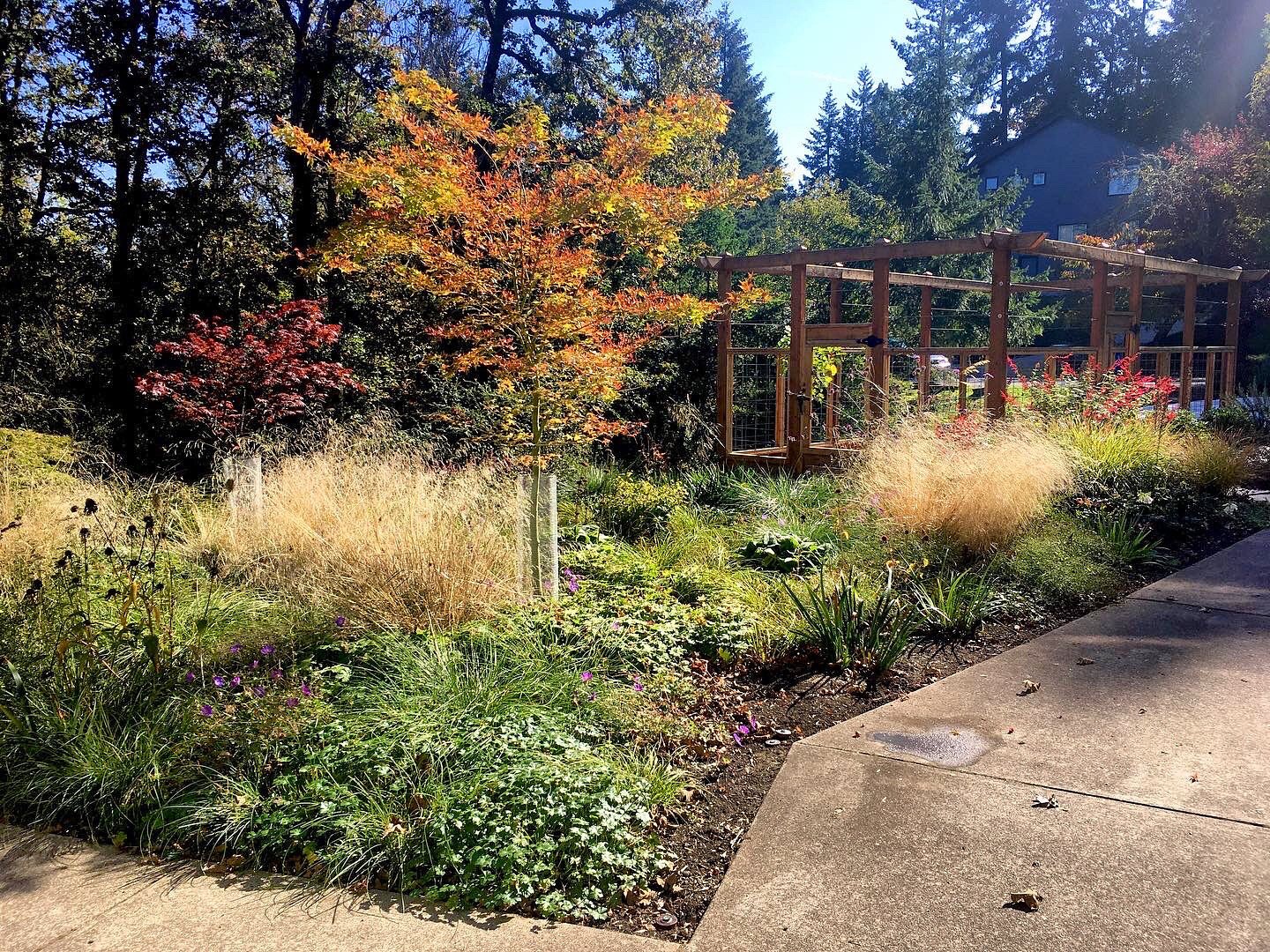
Low Maintenance Gardens – Better for Pollinators and People
Autumn 2022 “I come out every day. It’s therapy, my meditation.” Janet’s young garden transformed from overgrown, invasive plants to mostly natives. The dailiness of

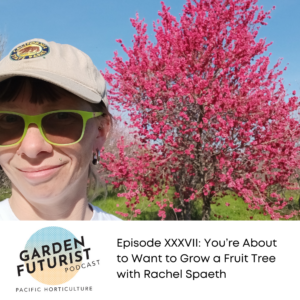
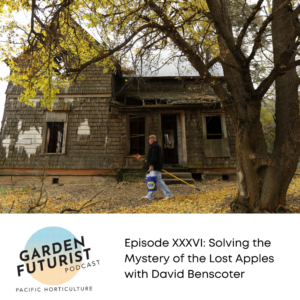
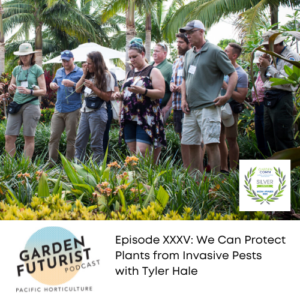






Responses